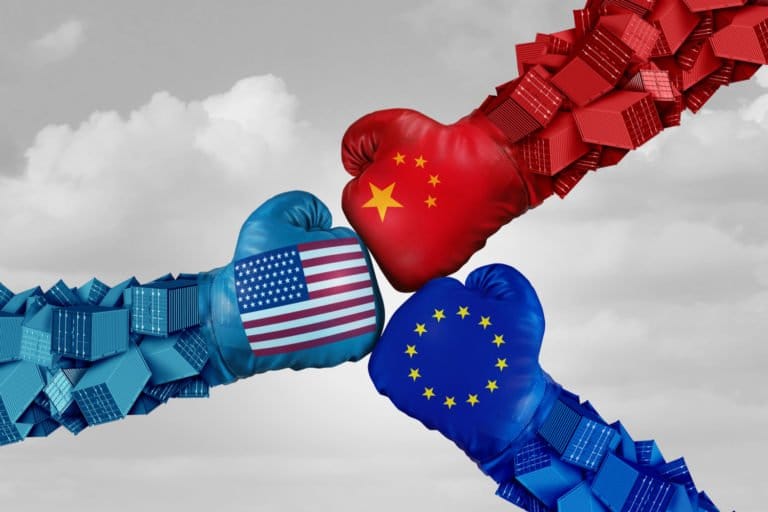German Chancellor Olaf Scholz argued in a column that Germany must adjust its approach to China as the nation returns to a more Marxist-Leninist political direction.
The chancellor emphasized that German companies needed to minimize “risky dependencies” on critical supply chains, especially regarding “cutting-edge technologies”. Scholz said President Xi Jinping was undertaking a purposeful political strategy of increasing multinational firms’ reliance on China.
Berlin has been under fire from the EU and US
In his piece, Scholz stated that the result of the recently concluded Communist Party Congress is straightforward: Marxism-Leninism occupies a far larger space than in previous congress conclusions. He added that as China evolves, so must Germany’s approach to China.
Germany has recently suffered harsh criticism for pushing Europe into a tactically catastrophic reliance on Russian gas, and Berlin is now facing accusations that it is repeating the same mistakes by relying on China as a manufacturing base and economic partner.
While Scholz expressed concern about China, he did not imply that Germany was about to abandon its relatively friendly relationship with Beijing.
Scholz isn’t playing the blind man
Scholz reiterated his predecessor’s advice, Angela Merkel, urging that the US should not draw Germany into a new Cold War with China. Scholz said Beijing’s rise did not justify demands “by some to isolate China”, in a barely disguised critique of US policy.
He stressed that the objective was not to “decouple” from China in manufacturing. He did, however, add that he was taking Beijing’s goal to increase foreign production chains’ dependency on China seriously.
